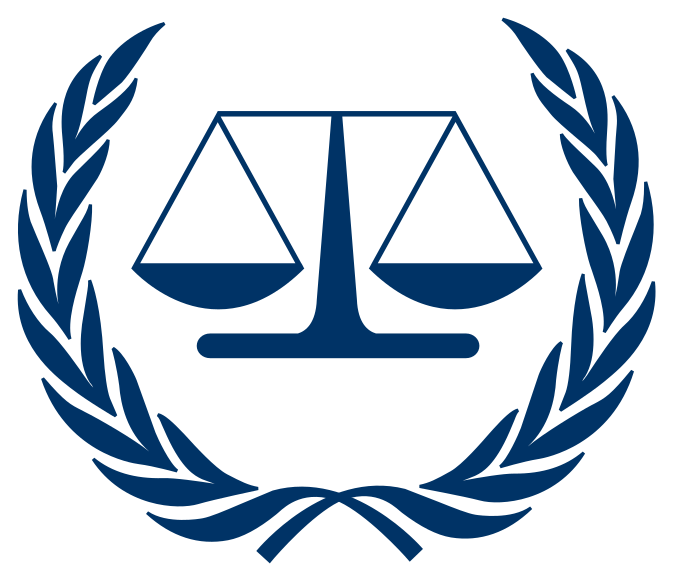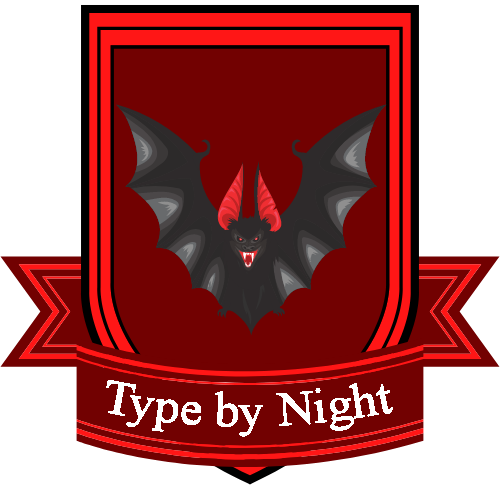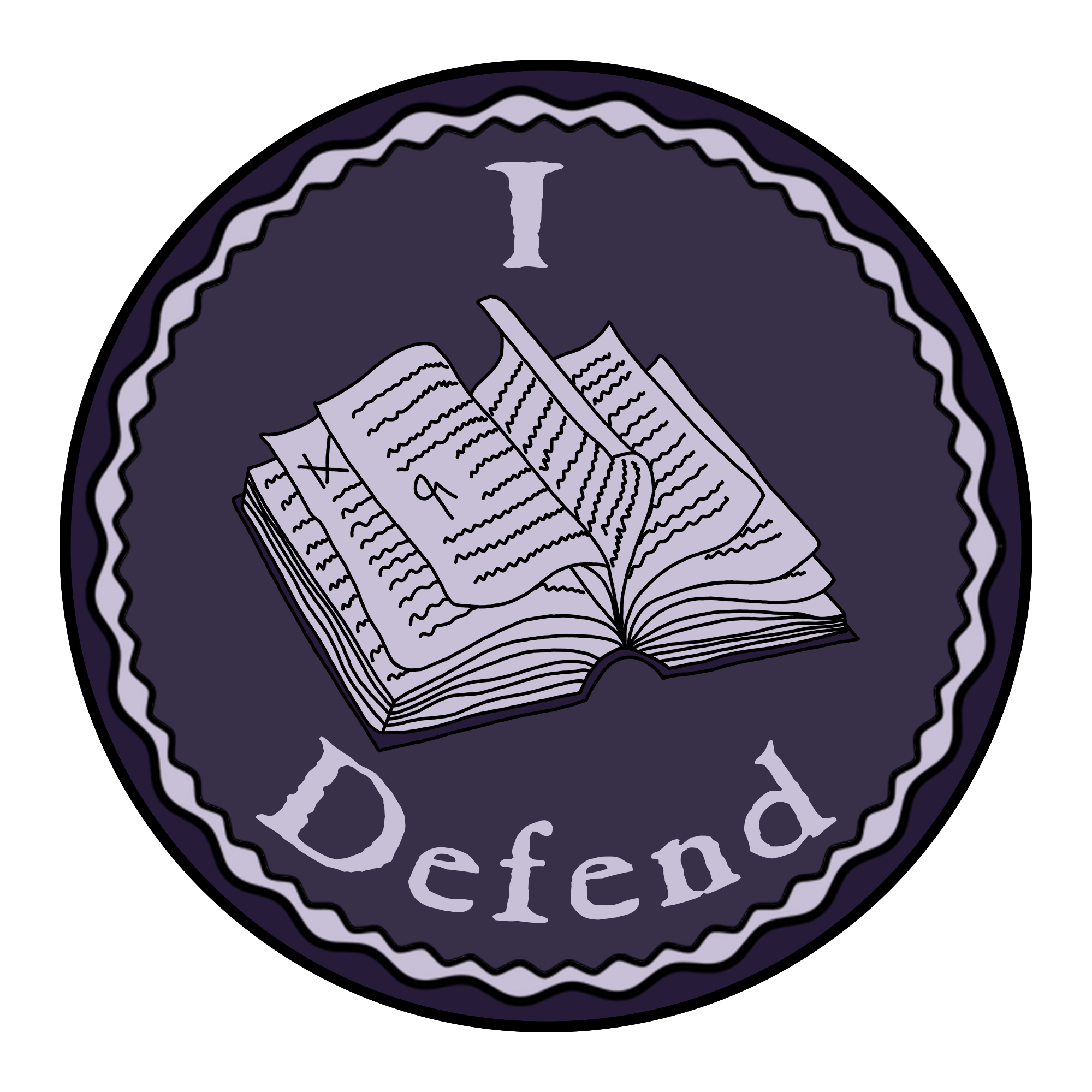International Criminal Court
The International Criminal Court was established to investigate and try the crimes of greatest concern to all of humanity as a collective: genocide, crimes against humanity, war crimes, and crimes of aggression.
The ICC is not a replacement for the courts of nations, but rather, it works to complement and support national courts when the crimes on trial are of broad international concern.
In the post-zombie apocalypse world, with the advent, or return, of Literomancy the International Criminal Court has changed somewhat in its function and practice. The existence of real magic in the world, and the power of The Great Houses has created additional complications in their goals and mission. However, with the support of most of the Great Houses, and with most of the Protectorates signing on to the Rome Statute to support its mission, the ICC may be the only organization in the world with the power to hold literomancers accountable — or to address broad wrongs which have been done to them.
Structure
The ICC's 18 judges are elected by the Assembly of States Parties for their qualifications, impartiality and integrity, and serve 9-year, non-renewable terms. Ideally, they ensure fair trials and render decisions, but also issue arrest warrants or summonses to appear, authorize victims to participate, order witness protection measures, and more. They also elect, from among themselves, the ICC President and two Vice-Presidents, who head the Court.
Since most of the Protectorates signed on to the Rome Statute, at least one of those judges is elected from among Literomancers. This is so that at least one of the judges is intimately familiar with the workings and limitations of magic, and the needs of sapient species who are not human.
Culture
The International Criminal Court has, throughout its history, attempted to maintain a strong sense of duty and the rights of people, a duty it approaches solemnly and as respectfully as possible. That said, it has not been free of critique. Governments and civil society groups have expressed objections to its jurisdiction, accusations of bias, Eurocentrism and racism, questioning of the fairness of its case selection and trial procedures, and doubts about its effectiveness. In general, the ICC has tried to be sensitive to these concerns.
Literomancy's widespread resurgence has had a dramatic effect on the way in which the Court governs itself. How do you uphold worldwide human rights, when not all people are Human? How do you govern the use of weapons of mass destruction when an individual literomancer is potentially capable of letting off an explosion with the force of a nuclear detonation?
The Court has made an effort to expand upon its principles and procedures in consultation with the literomantic Great Houses to provide a broader reaching, and greater understanding, when it comes to magical peoples and concerns, but there is still a great deal of work to be done.
Public Agenda
The International Criminal Court was established to try cases with broad-reaching consequences that affect nations and peoples. The founding treaty that established it, called the Rome Statute, grants the ICC jurisdiction over four main crimes for its signatory nations:
Genocide
First, the crime of genocide is characterised by the specific intent to destroy in whole or in part a national, ethnic, racial or religious group by killing its members or by other means: causing serious bodily or mental harm to members of the group; deliberately inflicting on the group conditions of life calculated to bring about its physical destruction in whole or in part; imposing measures intended to prevent births within the group; or forcibly transferring children of the group to another group.The ICC prosecutes crimes of genocide among its member-nations, who may lack either the ability to fully prosecute such a crime, such as when it crosses international borders, or who may lack the necessary impartiality to effectively prosecute the crime. This can also be effective when the genocide is perpetuated by one nation against another.
Crimes Against Humanity
Second, the ICC can prosecute crimes against humanity, which are serious violations committed as part of a large-scale attack against any civilian population. The 15 forms of crimes against humanity listed in the Rome Statute include offences such as murder, rape, imprisonment, enforced disappearances, enslavement – particularly of women and children, sexual slavery, torture, apartheid and deportation.These are mostly terror-based crimes and crimes which are a gross violation of human rights towards a civilian population.
War Crimes
Third, war crimes which are grave breaches of the Geneva conventions in the context of armed conflict and include, for instance, the use of child soldiers; the killing or torture of persons such as civilians or prisoners of war; intentionally directing attacks against hospitals, historic monuments, or buildings dedicated to religion, education, art, science or charitable purposes.War crimes can cover a broad range of categories of egregious violations, most of which are covered under the Geneva Convention.
Crimes of Aggression
Finally, the fourth crime falling within the ICC's jurisdiction is the crime of aggression. It is the use of armed force by a State against the sovereignty, integrity or independence of another State.This category is somewhat difficult to enforce in practice, but nevertheless, the Court makes an effort to keep nations and polities from attacking each other to acquire territory or to eliminate each other. When powerful member-states choose to ignore the Court's jurisdiction, there is little they can do, but when they choose to support the effort, they can be very effective.
WIP
Streamer
Missing
Status: Location Unknown
Deceased
Status: Deceased Character
Retired
Status: Retired Character or Article

This cause... is the cause of all humanity.
An Unprecedented Case
The Assembly of States Parties voted to include international corporations that are registered within a member-state within their jurisdiction, at the request of the Lapin Protectorate, when they brought forth charges against The Company, supported by the Meles Protectorate, the Chiroptera Protectorate, and the Sauropoda Protectorate. This is the first time such an action has been taken by the ICC, but a number of Company employees were tried, and convicted, for Genocide and Crimes Against Humanity in 2023. The identities of the victims, as is part of the ICC procedural policy, have been protected and not revealed to the general public.Protected Species
In light of the recent return of The Iron Tome and the new, rapidly expanding prevalence of magic, the Rome Statute was amended in early 2023 to expand their "human rights" protections to a variety of sapient species, that are either now proven to exist, or seem likely to. Limited protections have also been granted to some species, including Zombies and Tome Zombies. Tome Zombies are provably sapient, yet dead, and Zombies are not sapient — yet they are likely to be Resurrected, and be restored to life and sapience. As a result, such things as "complete disintegration" are generally seen as war crimes, since that makes resurrection impossible. However, the risk to other sapient species due to their potential for mass destruction is also recognized. The ICC has created a Special Commission that reviews the Word Wars as a matter of course, which determines if actions of mass destruction were accidental or necessary. While King Bob's Meteor Swarm in The Third Word War was unanimously deemed to be "necessary," the Commission was divided on his destruction of Mt. Mitchell in The Fourth Word War, and the ICC is looking at House Sauropoda sternly to make sure that Meteor Swarms do not become a common response. This list is by no means exhaustive. Granting these protections to such created creatures as golems, sapient robots and AIs, is under consideration and is currently a subject of debate. List of Protected Species andSpecies with Limited Protections
Protected:
HumansWerebeasts
Beastkin (ie. Bunnykin)
Litwalkers
Krakens
Dragons
Merfolk
Satyrs and/or Fauns
Dwarves
Giants
Selkies
Centaurs
Griffons
Hippogriffs
Elves
Fae
Gnomes
Dhampires
Harpies
Naga
Goblins
Limited Protections:
Zombies Tome ZombiesVoid Demons
Gremlins (unconfirmed existence)
Nymphs
Elementals















Comments